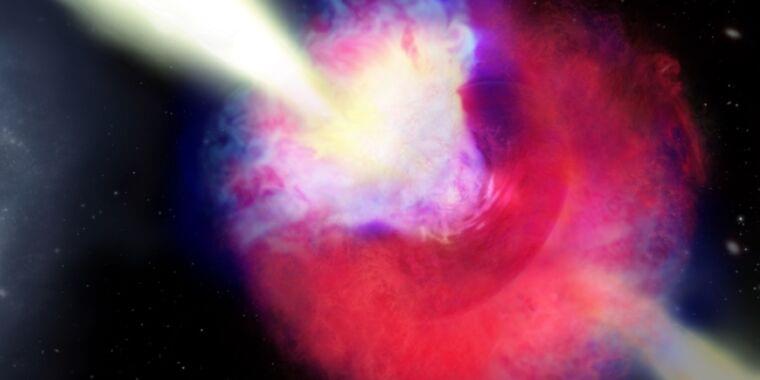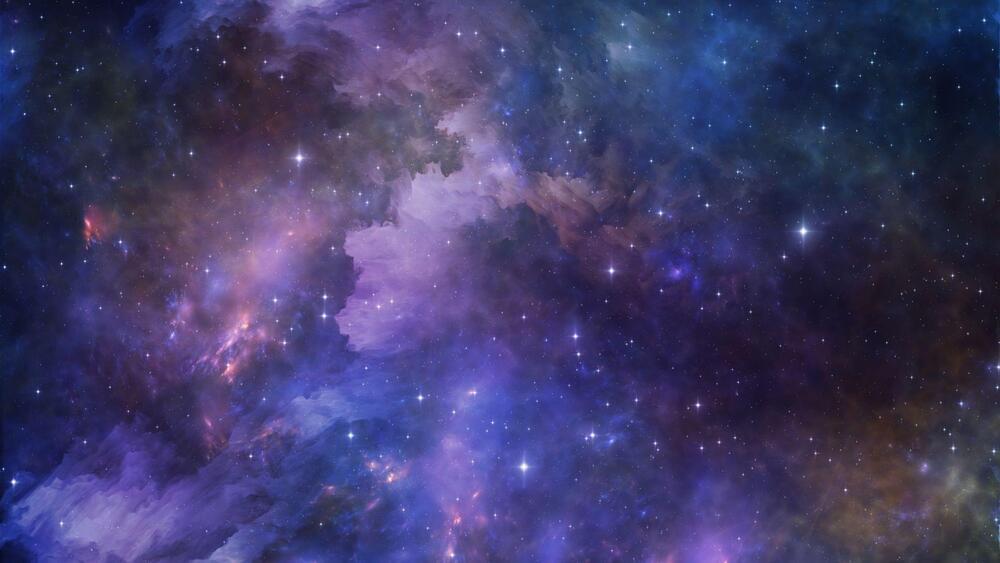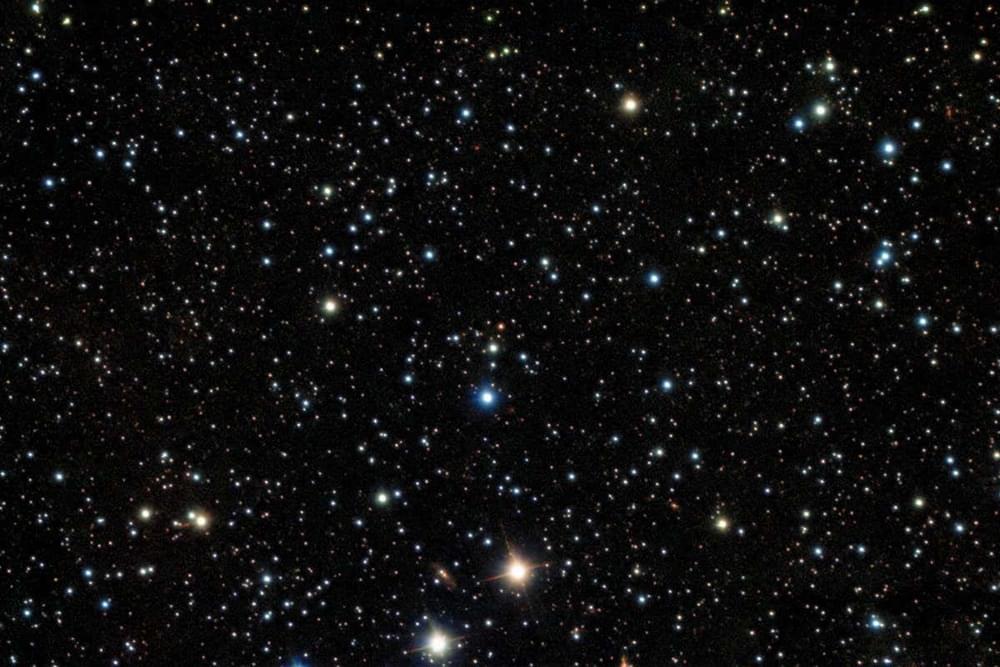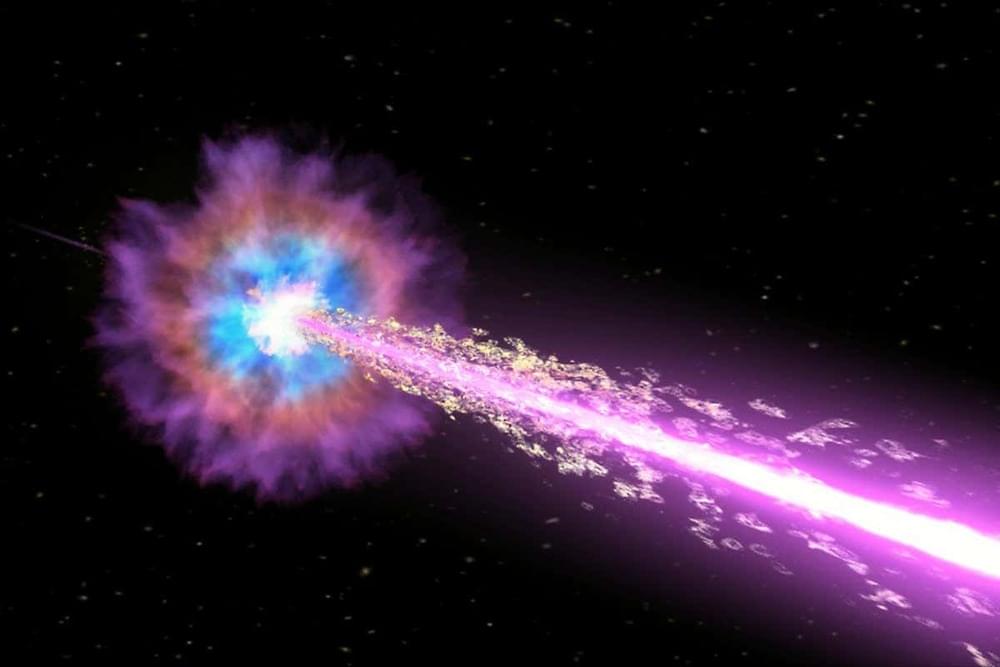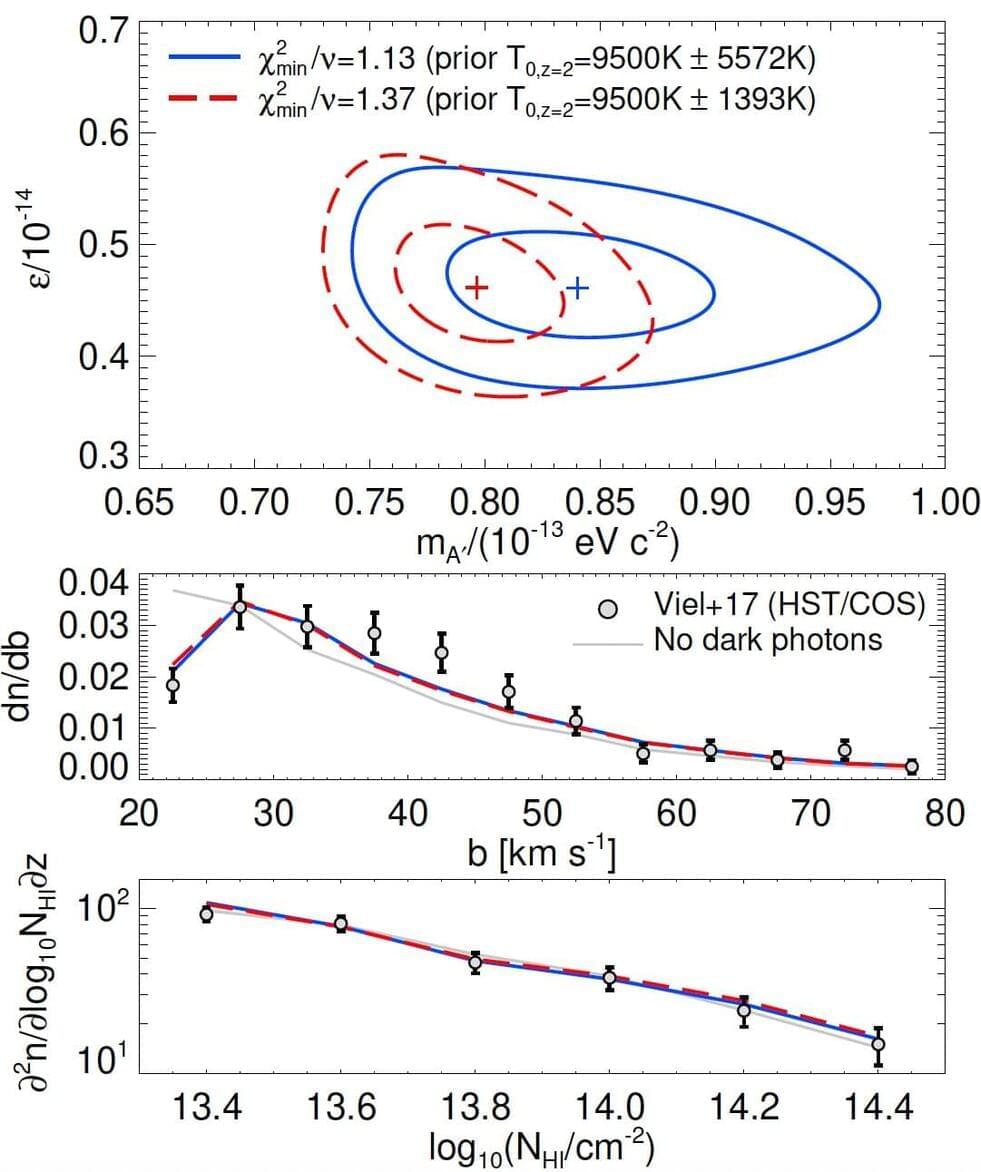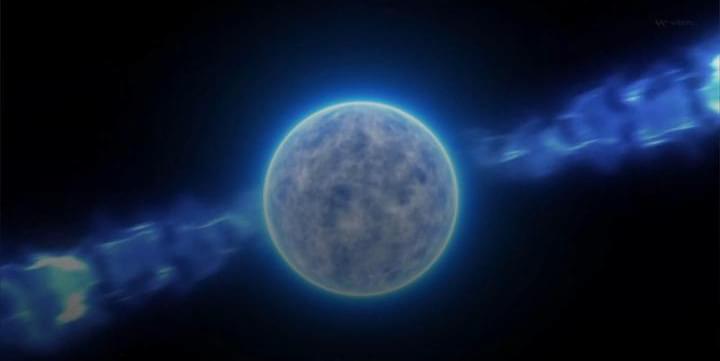Sign up for a Curiosity Stream subscription and also get a free Nebula subscription (the streaming platform built by creators) here: https://curiositystream.com/isaacarthur.
In the future humanity may build enormous structures, feats of mega-engineering that may rival planets or even be of greater scope. This episode catalogs roughly 100 major types of Megastructure, from those that are cities in space to those that rival galaxies.
Visit our Website: http://www.isaacarthur.net.
Support us on Patreon: https://www.patreon.com/IsaacArthur.
Support us on Subscribestar: https://www.subscribestar.com/isaac-arthur.
Facebook Group: https://www.facebook.com/groups/1583992725237264/
Reddit: https://www.reddit.com/r/IsaacArthur/
Twitter: https://twitter.com/Isaac_A_Arthur on Twitter and RT our future content.
SFIA Discord Server: https://discord.gg/53GAShE
Listen or Download the audio of this episode from Soundcloud: Episode’s Audio-only version: https://soundcloud.com/isaac-arthur-148927746/the-megastructure-compendium.
Episode’s Narration-only version: https://soundcloud.com/isaac-arthur-148927746/the-megastruct…ation-only.
▬ Megastructure Index ▬▬▬▬▬▬▬▬▬▬
0:00 — Intro.
03:23 — Active Support.
04:30 — Alderson Disc.
08:30 — Arcology Megatower.
09:48 — Arkship.
10:49 — Artificial Sun.
11:49 — Asteroid Colonies.
13:02 — Atlas Pillars.
14:19 — Banks Orbital.
16:29 — Bernal Sphere.
17:34 — Birch Planet.
20:48 — Bishop Ring.
22:55 — Black Hole Gravity Generator.
23:54 — Black Hole Power Generator.
25:40 — Bubble Hab.
26:36 — Buckyhabs.
28:12 — BWC Megastructures.
29:08 — Caplan Thruster.
29:46 — Carbon Nanotubes.
30:31 — Chainworlds.
31:07 — Chandelier Cities.
31:45 — Clarketech.
32:30 — Cube Worlds.
33:24 — Cylinder Habitat.
36:09 — Dark Sky Station.
36:37 — Disc Worlds & Flat Earths.
38:01 — Dyson Spheres.
40:04 — Dyson Spike.
40:45 — Dyson Swarm.
42:14 — Ecumenopolis.
42:44 — Edersphere/Ederworld.
43:52 — Fusion Candle.
44:29 — Graphene.
44:49 — Grav Plating.
45:20 — Hammer Hab.
45:48 — Helios Drive.
46:43 — Hoop World or Donut World.
47:27 — Hydroshell.
48:13 — Interstellar Black Hole Highway.
48:48 — Interstellar Laser Highway.
50:06 — Jenkins Swarm.
50:27 — Kalpana 1
51:28 — Kipping Terrascope.
52:08 — Lagite.
52:57 — Lofstrom Loop.
53:52 — Magmatter.
54:50 — Matrioshka Brain.
56:45 — Matrioshka Shellworld.
57:53 — McKendree Cylinder.
58:36 — Megatelescope Arrays.
59:25 — Mini Earth.
1:00:30 — Mushroom Habitat.
1:01:26 — Neptunian Chainsaw.
1:01:55 — Nicoll-Dyson Beam.
1:02:52 — Nova Drive.
1:03:16 — O’Neill Cylinder.
1:03:57 — Orbital Plates.
1:04:42 — Orbital Ring.
1:07:22 — Paperclip Maximizer & Grey Goo.
1:08:26 — Parabolic Habitat.
1:10:08 — Planet Brain / Jupiter Brain.
1:10:35 — Planet Ships.
1:11:25 — Planet Swarm.
1:12:21 — Planetary Cycler/Aldrin Cycler.
1:13:10 — Power Beamers.
1:13:55 — Quasar drive.
1:15:25 — Quasite.
1:16:00 — Red Globular Cluster.
1:17:14 — Relativistic Kill Missile.
1:17:55 — Ribbon Worlds.
1:19:12 — Ring Habitat.
1:20:06 — Ringworld.
1:21:36 — Rotacity or Bowl Hab.
1:22:19 — Rungworld.
1:23:25 — Shell World.
1:24:53 — Shkadov Thrusters.
1:25:37 — Sky Cities & Cloud Cities.
1:26:38 — Skyhooks.
1:27:24 — Smoke Ring.
1:28:26 — Solar Mirrors.
1:29:21 — Solar Shades.
1:30:29 — Sombrero Planet.
1:30:51 — Space Elevetors.
1:32:18 — Space Farms.
1:33:27 — Spin Gravity.
1:34:05 — Space Towers.
1:34:50 — Stanford Torus.
1:35:45 — Starlifting.
1:36:55 — Statite.
1:38:31 — Stellar Pinwheel.
1:39:00 — Stellaser.
1:40:34 — Suntower.
1:41:51 — Supramundane Worlds.
1:42:57 — Terran Ring.
1:43:58 — Topopolis.
1:45:07 — Unobtainium.
1:45:35 — Valley House.
1:45:55 — World House.
1:46:26 — Wormhole.
1:53:00 — Credits.
Credits:
The Megastructure Compendium.
Science & Futurism with Isaac Arthur.
Episode 346, June 9, 2022
Written & Produced by Isaac Arthur.
Narrated by Isaac Arthur & Sarah Fowler Arthur.
Editors:
